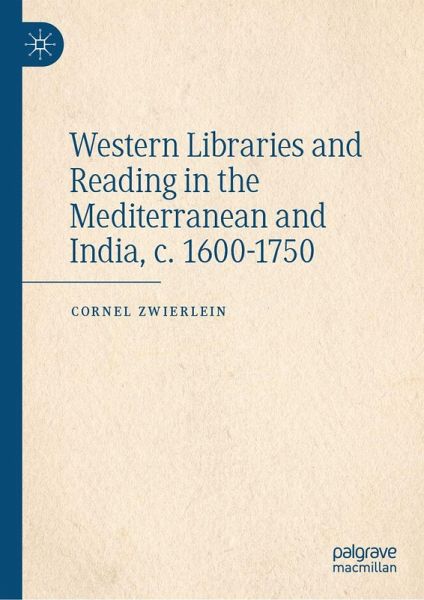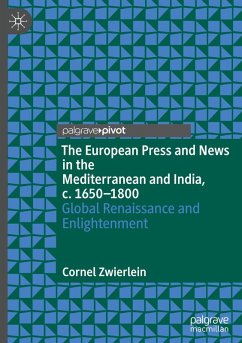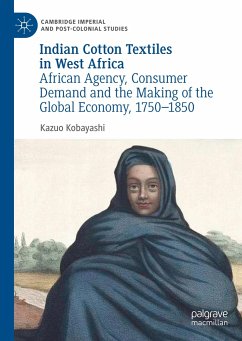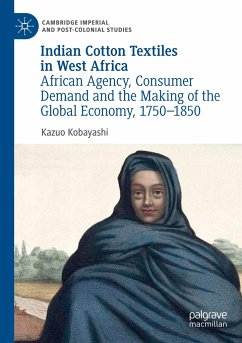
Western Libraries and Reading in the Mediterranean and India, c. 1600-1750
Versandkostenfrei!
Versandfertig in 6-10 Tagen
121,99 €
inkl. MwSt.

PAYBACK Punkte
61 °P sammeln!
This book examines the contents of libraries of Western individuals and trading companies in the Mediterranean and India between approximately 1600 and 1750. Relying on extensive archival research, it provides a rare contribution to global book history.The libraries studied are mostly small in scale, with very different scopes and characters. Catholic missionary libraries and the Mediterranean and British companies institutional libraries showed more standardization regarding the role books played in worship. In contrast, private libraries belonging to merchants, physicians, surgeons, scientif...
This book examines the contents of libraries of Western individuals and trading companies in the Mediterranean and India between approximately 1600 and 1750. Relying on extensive archival research, it provides a rare contribution to global book history.
The libraries studied are mostly small in scale, with very different scopes and characters. Catholic missionary libraries and the Mediterranean and British companies institutional libraries showed more standardization regarding the role books played in worship. In contrast, private libraries belonging to merchants, physicians, surgeons, scientific travellers, and ambassadors were characterized primarily by their owners professions.
The volume also examines how policies like censorship shaped libraries. This may partially explain many libraries more conservative characters, which manifested in the lack of broader Jansenist or clearly visible early and advanced Enlightenment influences. This book considers the otherness of Western cultural presence abroad until 1750: Westerners were just another trading population entering those regions. Performing a kind of proto-segregation, in close distance to their hosts, they mostly read books by other Westerners.
The libraries studied are mostly small in scale, with very different scopes and characters. Catholic missionary libraries and the Mediterranean and British companies institutional libraries showed more standardization regarding the role books played in worship. In contrast, private libraries belonging to merchants, physicians, surgeons, scientific travellers, and ambassadors were characterized primarily by their owners professions.
The volume also examines how policies like censorship shaped libraries. This may partially explain many libraries more conservative characters, which manifested in the lack of broader Jansenist or clearly visible early and advanced Enlightenment influences. This book considers the otherness of Western cultural presence abroad until 1750: Westerners were just another trading population entering those regions. Performing a kind of proto-segregation, in close distance to their hosts, they mostly read books by other Westerners.












